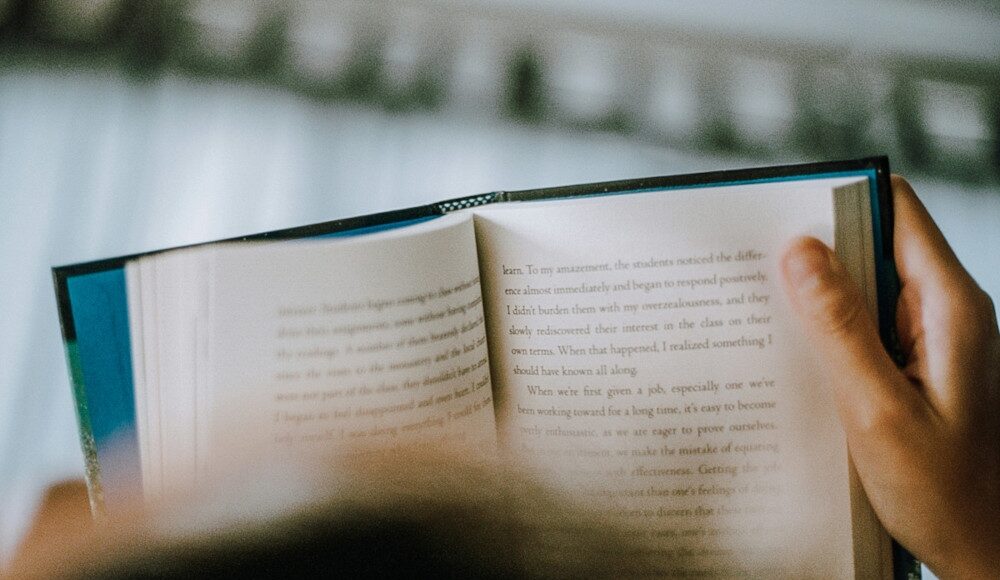APRIL 10 — Ramadan — just like everything else these days — came and went in the blink of an eye. One moment, I’m preparing to try out Khairulaming’s suggested “refreshing” drink for buka puasa, and the next, I’m juggling Raya open house invitations! It’s almost like the days just slipped away.
But amidst all the rush, one key lesson from this Ramadan stood out to me: we do have all the time we need.
I don’t know about you, but I realised that we can actually accomplish more in the same twenty-four hours we always had. The miracle wasn’t in the hours themselves — it was in how we suddenly became masters of them.
Think about it: How often do we claim we have no time to visit the mosque regularly? Yet during Ramadan, we easily find ourselves walking or driving to tarawih prayers. How many of us struggle to complete a single juz of the Quran in the regular months, but during Ramadan, we somehow manage to finish the entire revelation (I didn’t, but many others did)? And what about that extra hour we spend with family and friends during buka puasa gatherings? Where does that time come from when we’re usually “too busy” to sit down together for a proper meal?
The truth is startlingly simple: Ramadan doesn’t create time. It removes our illusions about time. By temporarily suspending just one activity — eating during the day — it exposes all the hidden pockets of time we’ve been squandering. The pre-dawn sahur we manage before work highlights how much evening time we usually waste scrolling aimlessly on our phones. Those long tarawih nights reveal how many hours we typically lose to mindless entertainment.
We do have time for everything, including reading books. — Unsplash pic
I’ve always known I had extra time during Ramadan, but I never considered it a chance to teach myself better time management for the rest of the year. I’ve had years where I did tarawih prayers at the mosque every night, and years where I did them at home. I’d read the Quran more during Ramadan too, but I never realised that these were opportunities to build lasting habits — like the ones described in Atomic Habits, where small additions are made to your existing routine to create a positive change.
For a long time, I saw these practices as “just Ramadan things.” But during one tarawih prayer this year, it hit me:
I’d been living like a pauper while sitting on a treasure chest of time.
This revelation extends beyond just spiritual activities. During Ramadan, we suddenly find ourselves with the capacity to do things we “never have time for” the rest of the year — reading real books (not just summaries from ChatGPT or long Facebook posts), giving to charity (sedekah), helping others in small ways, like holding the door open at the convenience store, or many other such examples.
This brings to mind the lesson in Surah Al-Asr — where Allah reminds us that time itself is precious, and the truly successful are those who live with purpose, do good deeds, and encourage others to do the same. The parallel is clear: just as time is fleeting, our lives are short. We must use each moment wisely.
Now, the real challenge is to maintain this heightened sense of consciousness throughout the rest of the year.
I propose that we start by identifying at least three “Ramadan things” you’ll keep up — perhaps swapping your usual lunch break for Quran recitation, or dedicating your post-Maghrib time to family instead of Netflix. Then conduct a weekly muhasabah audit: where did your time truly go? You’ll likely discover, as I did, that what we call “busyness” is often just distraction (or sometimes procrastination) wearing a disguise.
James Clear, in Atomic Habits, talks about the power of small, consistent changes. He says, “You do not rise to the level of your goals. You fall to the level of your systems.” This Ramadan showed us that we all have the systems within us — we just needed the discipline of fasting to activate them. The real question is: Will we continue to build those systems beyond Ramadan, when the hunger fades and the distractions return?
The time is there. It always has been. You’re holding it in your hands right now.
* Ir Dr Nahrizul Adib Kadri is a professor of biomedical engineering and the Principal of Ibnu Sina Residential College, Universiti Malaya. He may be reached at [email protected]
* This is the personal opinion of the writer or publication and does not necessarily represent the views of Malay Mail.





